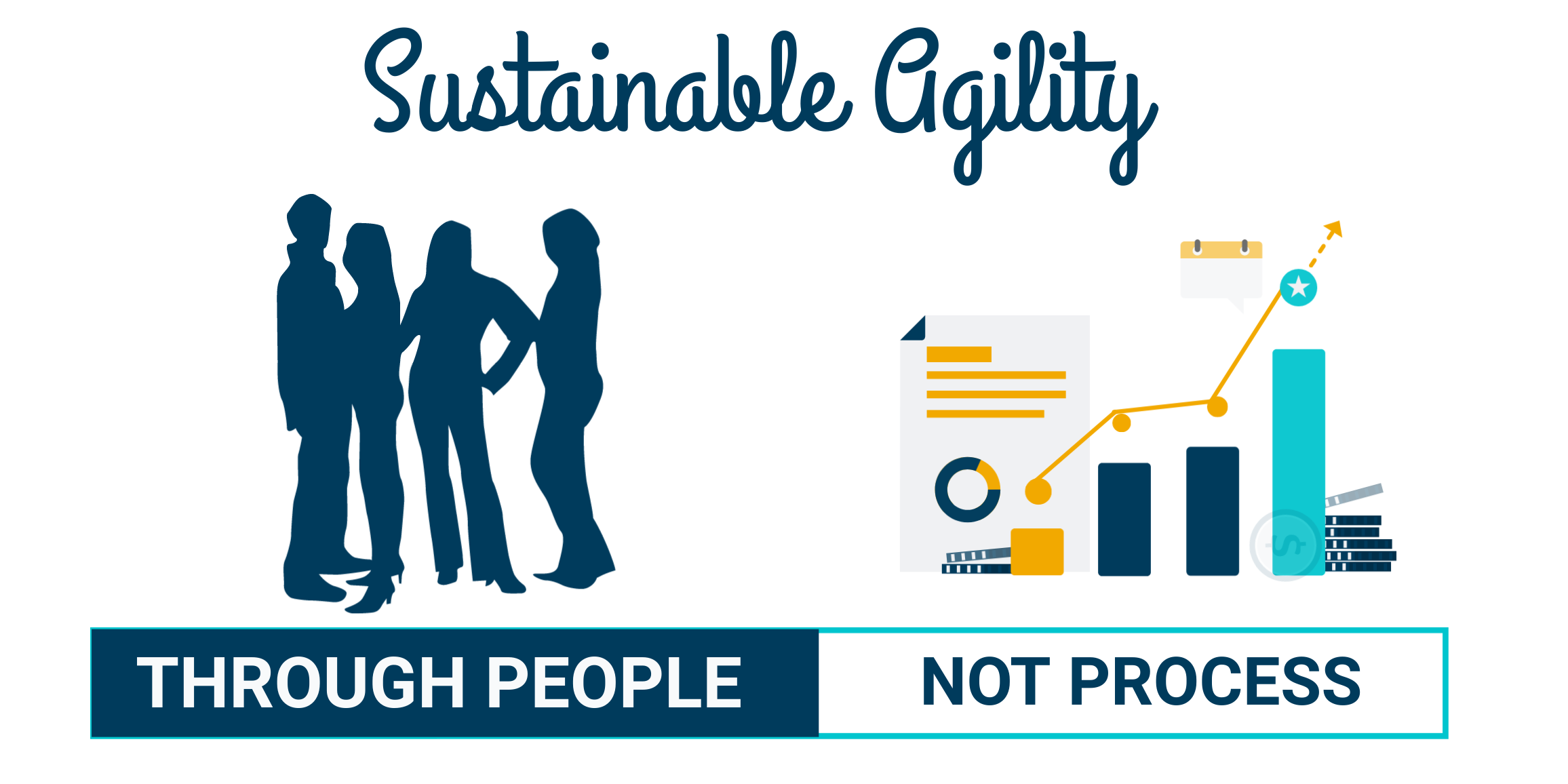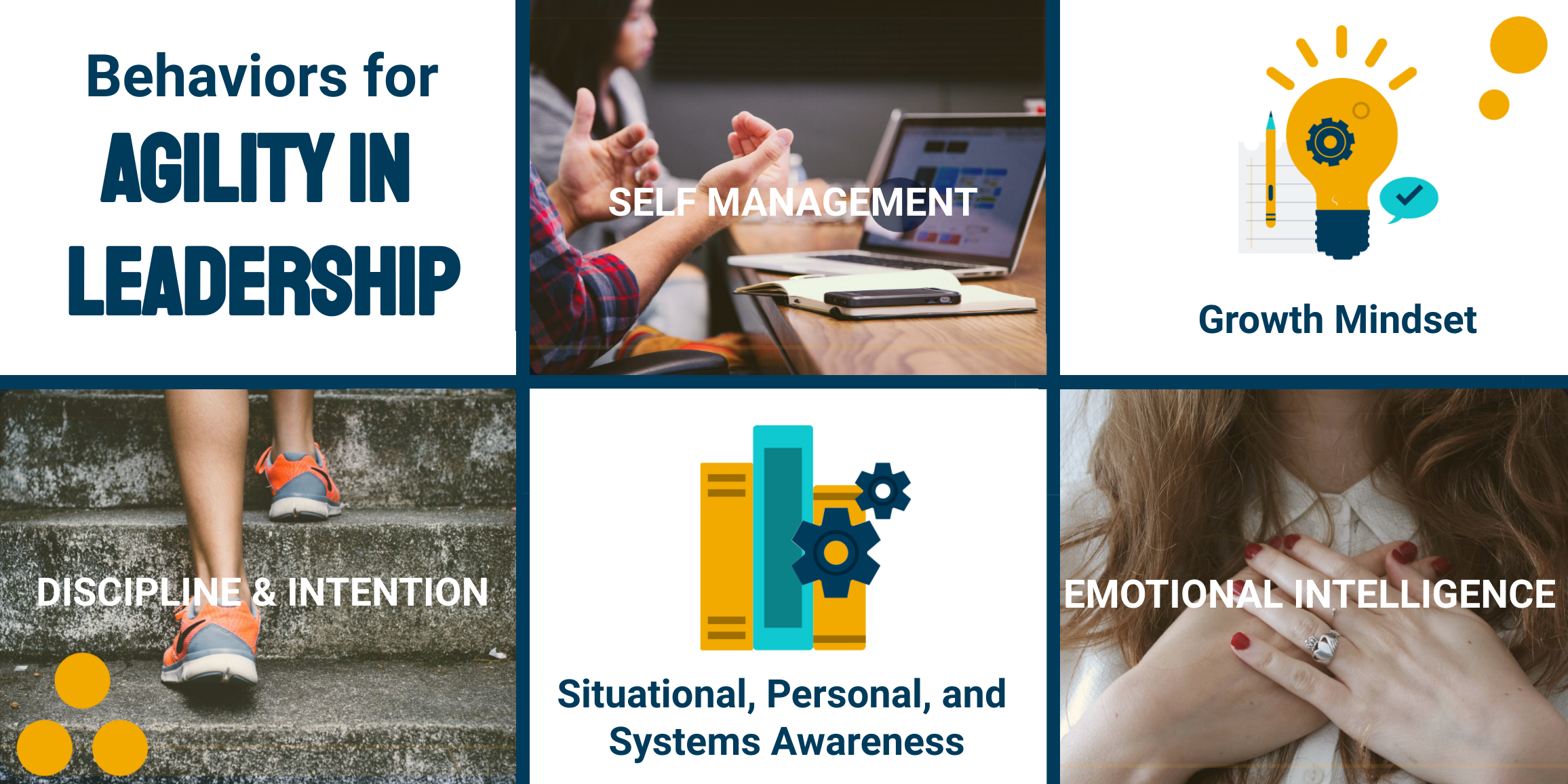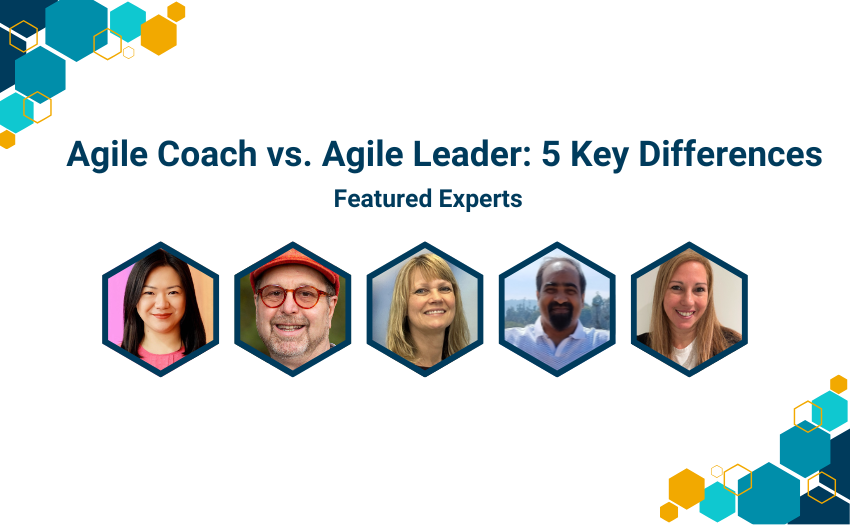Whether you’re an established business, scrappy startup, non-profit, or government organization, realizing your vision in today’s world hinges on your ability to lead continuous change from within your organization. In this post, we’ll explain why agility in leadership and enterprise agile coaching are essential for business agility and what the capability-building journey entails for organizations.







